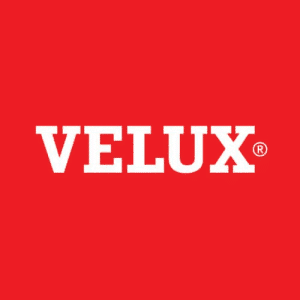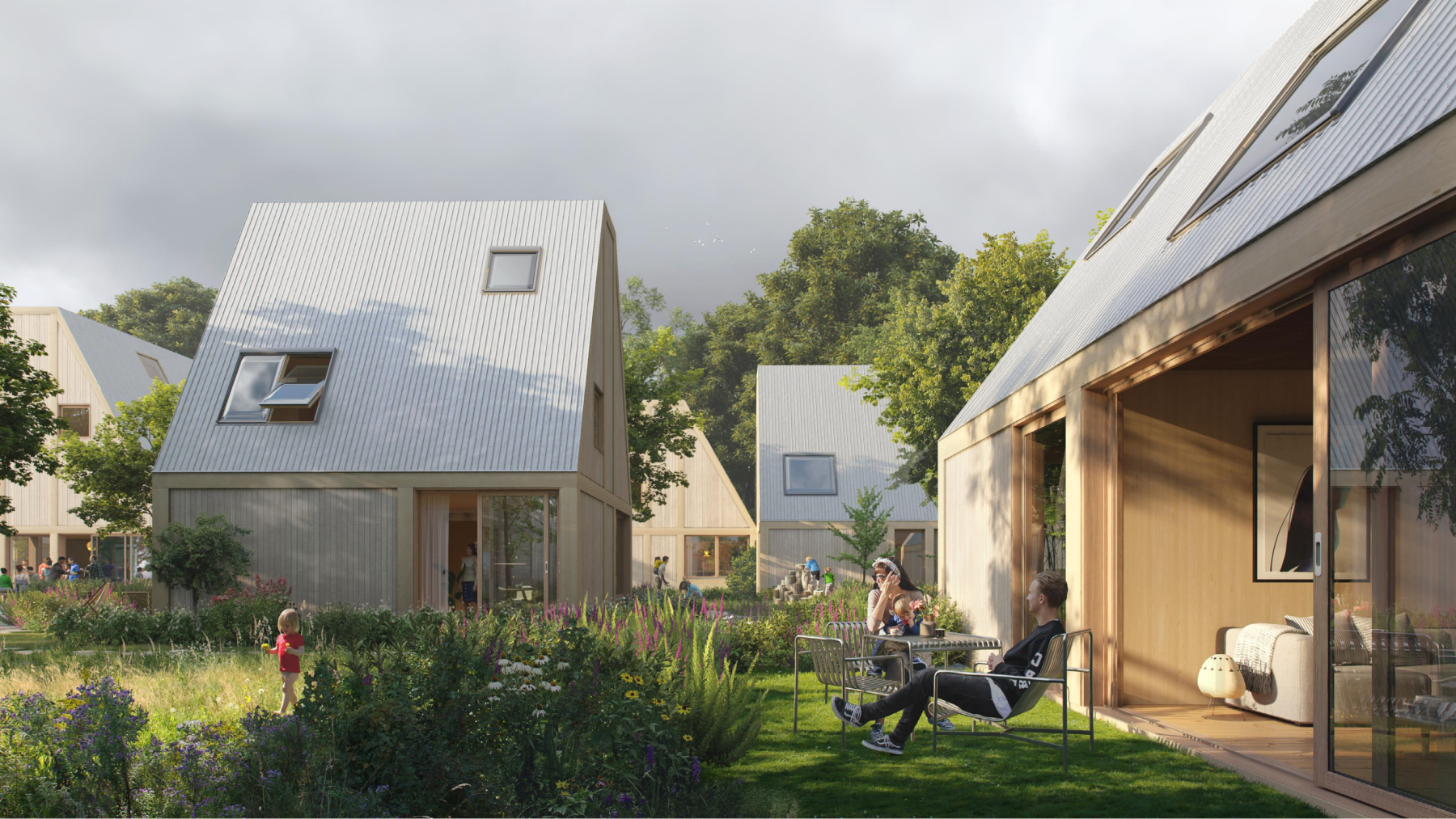LIVING PLACES
Housing Design Awards 2025: A Competition Brief in Collaboration with VELUX
Competition sector: VELUX Housing Design Awards 2025: Elevating Light, Comfort, and Sustainability
Introduction
The Housing Design Awards 2025, sponsored by VELUX, aim to celebrate and reward innovation in residential architecture that enhances the quality of life for its occupants. The focus of this year’s competition is on designs that maximize natural light, promote healthy living, and embrace sustainable building practices, all while responding thoughtfully to the context of the environment.
VELUX, a global leader in daylight and ventilation solutions, is proud to sponsor this competition with a shared vision of creating homes that are not just structures, but places of well-being. As a brand dedicated to improving the quality of life by optimizing natural light and air quality in spaces, VELUX seeks to recognize architectural designs that embody these principles.
The VELUX Ethos
At VELUX, our mission is simple: to create well-being for people and planet by transforming spaces using daylight and fresh air. Our focus is on natural daylight, fresh air, and sustainability — all crucial elements that contribute to better mental and physical health, energy efficiency, and a positive environmental impact. We believe that good architecture can enhance the quality of life by optimizing these elements, fostering environments that are comfortable, healthy, and sustainable for residents.
Our Commitment:
- Daylight and Ventilation: Ensuring homes are naturally lit and well-ventilated to improve the indoor climate.
- Sustainability: Incorporating environmentally responsible materials and techniques, with an emphasis on reducing carbon footprints.
- Health and Well-being: Creating spaces that promote the mental and physical health of inhabitants through thoughtful design.
VELUX Award Theme
Designing the Future of Homes: Sustainable, Healthy, and Natural Light-Filled Living
Architectural designs must reflect a deep understanding of the importance of natural light and ventilation as key elements for enhancing both environmental and human well-being. In line with VELUX’s values, submissions should incorporate the following:
- Maximization of Natural Light: Designs should prioritize daylight penetration into living spaces, enhancing not only the aesthetic appeal but also reducing reliance on artificial lighting.
- Ventilation for Comfort and Health: Create homes that foster healthy air quality through innovative solutions for natural ventilation, especially in the context of growing concerns around air pollution and indoor climate.
- Sustainability: Incorporate sustainable building materials, energy-efficient technologies, and renewable energy sources, promoting both environmental responsibility and economic viability.
- Connection to Nature: Architectural responses should create a harmonious relationship between the interior and its surroundings, using materials and spatial configurations that create a seamless connection to the natural world.
VELUX 2025 Award: Competition Guidelines
Eligibility:
This competition is open to architects, throughout Great Britain. Participants must submit designs for new housing developments, that address the core themes of light, ventilation, and sustainability.
Project Requirements:
- Site Consideration: Design proposals must include a clear understanding of the chosen site and climate, leveraging local environmental conditions to enhance light and ventilation strategies.
- Daylight Strategy: Proposals should incorporate innovative and effective methods for optimizing daylight penetration into the building, including but not limited to strategic window placement, skylights, and use of transparent materials. The use of VELUX products (skylights, roof windows, etc.) is encouraged but not mandatory.
- Sustainability: Projects must highlight how they minimize energy consumption, use of natural resources, and contribute to a reduction in environmental impact. Incorporating green roofs, solar panels, water-efficient systems, and other sustainable features will be highly valued.
- Healthy Living: Designs should emphasize occupant well-being by considering factors such as indoor air quality, thermal comfort, and acoustic control. Natural ventilation strategies should be prioritized to ensure a fresh, healthy living environment.
- Social Impact: Designs that demonstrate an understanding of community needs and inclusivity, fostering vibrant and diverse communities through accessible housing, will be especially considered.
Judging Criteria:
Submissions will be judged on the following criteria:
- Innovation: The originality and creativity of the design, particularly in relation to the integration of natural light and ventilation.
- Sustainability: How effectively the design addresses environmental challenges and minimizes the ecological footprint.
- Health and Comfort: How well the design promotes the well-being of its occupants through natural light, air quality, and temperature regulation.
- Contextual Fit: The design’s sensitivity to its surrounding environment and community, including cultural and social aspects.
- Aesthetic and Practical Appeal: The visual appeal of the design, its functionality, and how it contributes to the community’s quality of life.



